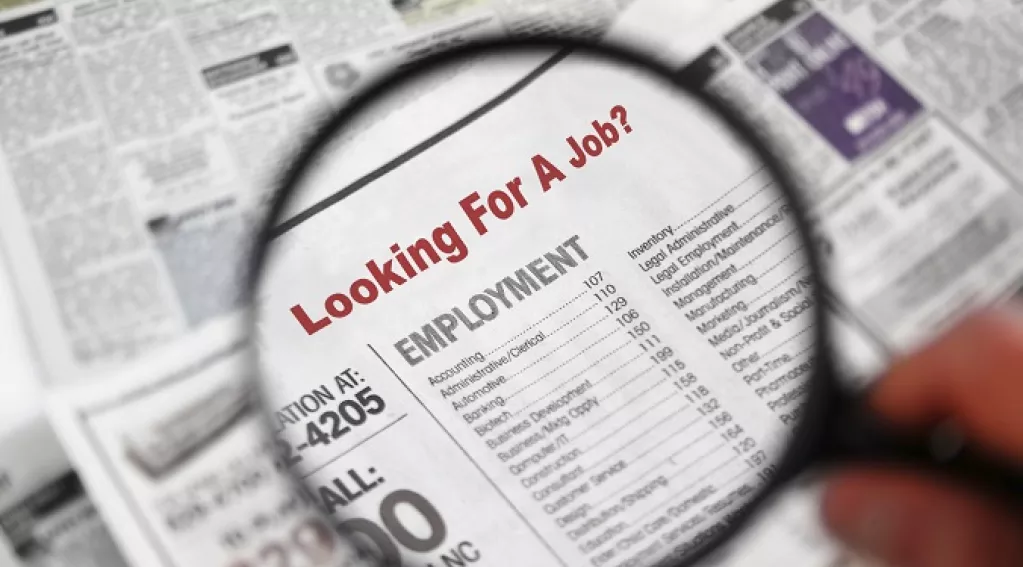In Praise of Tight Labor Markets

Much to the chagrin of many in the media, there is good news to report. Current historically low unemployment rates are bolstering the paychecks of American workers generally. More specifically, the tight labor market is boosting the earnings of minority workers, whose wages have traditionally lagged behind those of white workers.
According to a report by the Atlanta Federal Reserve, white Americans have seen a nice 3.5 percent increase in their wages since the start of 2019. Nonwhite American workers fattened their paychecks by an even nicer 4.3 percent since the start of the year.
It does not take low unemployment rates for the powerful business lobby to clamor for greater access to foreign workers – they demand more foreign labor even when unemployment is high. But, when unemployment is low, as it is now, they add the additional warning that the failure to infuse the labor market with more immigrant and guest workers will harm the economy.
Which begs the question: Whose economy? Certainly not the economy of American workers. Certainly not women and minorities who are trying to close longstanding wage gaps. Certainly not workers who have been at the margins of our economy. As economist Karl W. Smith notes in a column in Bloomberg.com, “The longer a tight labor market persists, the more willing employers become to consider applicants they once would have passed over. Social networks between employers and marginalized communities strengthen, and companies get better at attracting and retaining minority workers.” In other words, when the law of supply-and-demand is not working in favor employers, they find ways of getting creative.
You know who else is benefiting from the tight labor market? Lower-skilled workers in general. According to the Atlanta Fed’s Median Wage Growth Tracker, low-skill workers have enjoyed a 3.5 percent increase in wages in 2019, in-line with the growth rate for better skilled workers and a huge jump over less-than-1-percent wage growth that cohort of workers experienced in 2013.
Undoubtedly there are many reasons why American workers are starting to reap some of the benefits of a strong economy. Undeniably, the tight labor market is an important one. As much as our political class would like to mess it all up by opening the immigration and guest worker spigot, they might bear in mind that there’s an election coming up next year, and voters tend to like it when their paychecks grow.

